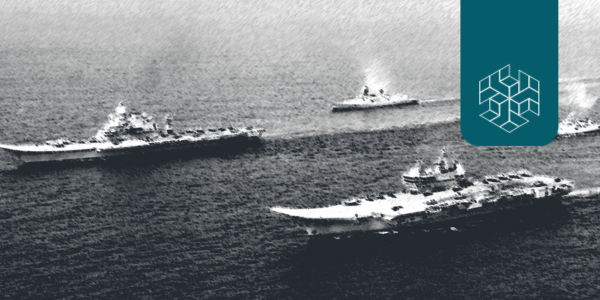
India’s Defence Manufacturing Ecosystem: Between Ambition and Execution
Introduction Ever since independence, from the time of partition till the Kargil War in 1999, India has had to fight several wars. Safeguarding our borders from the ‘two-front threat’—that of Pakistan and China—compelled the erstwhile governments to equip the forces with the modern arms that matched in quality and quantity with the arms that America […]









